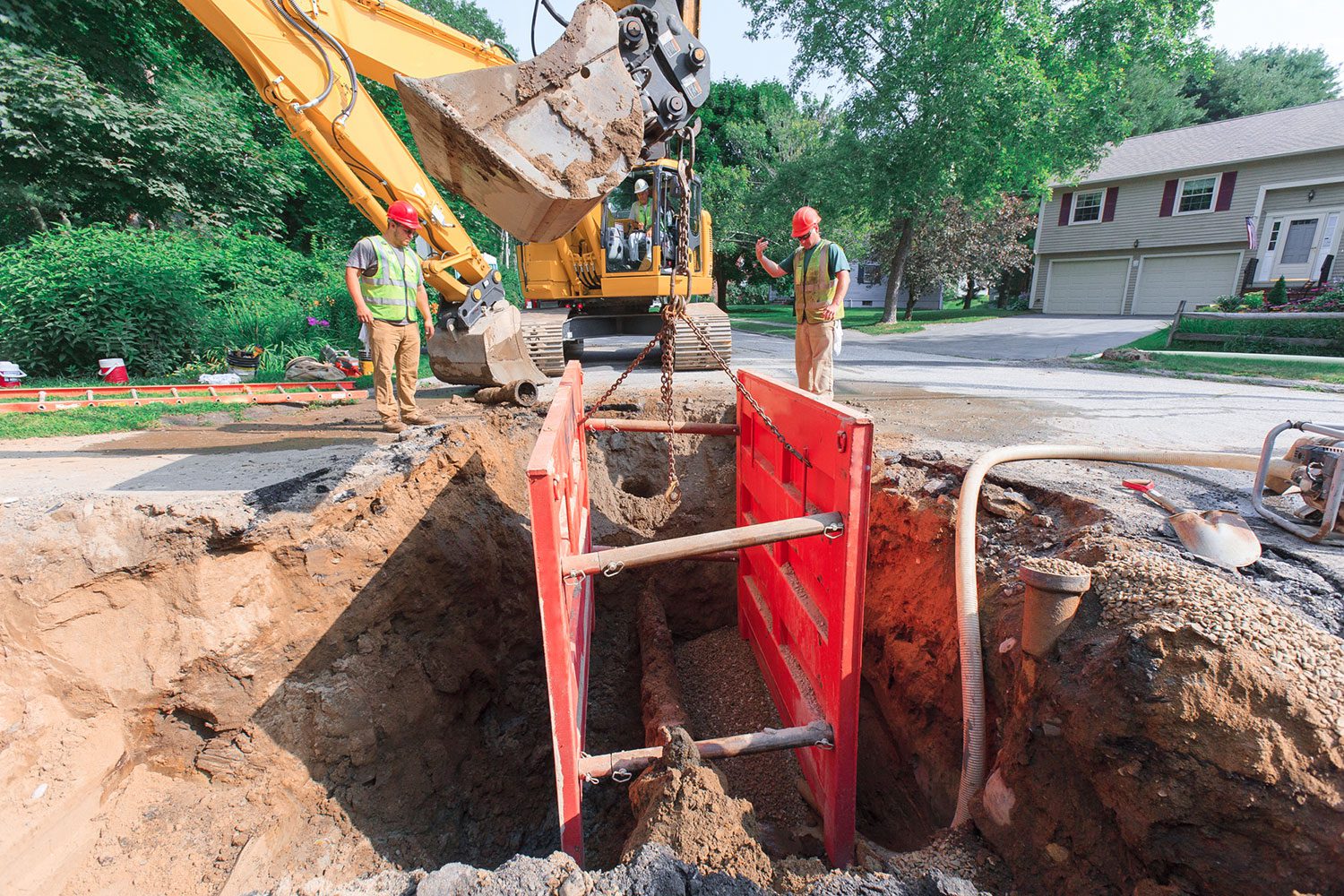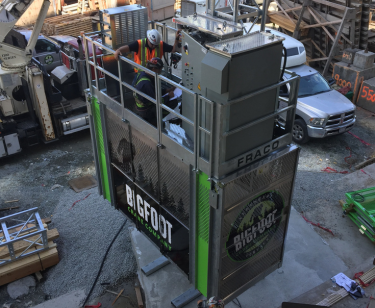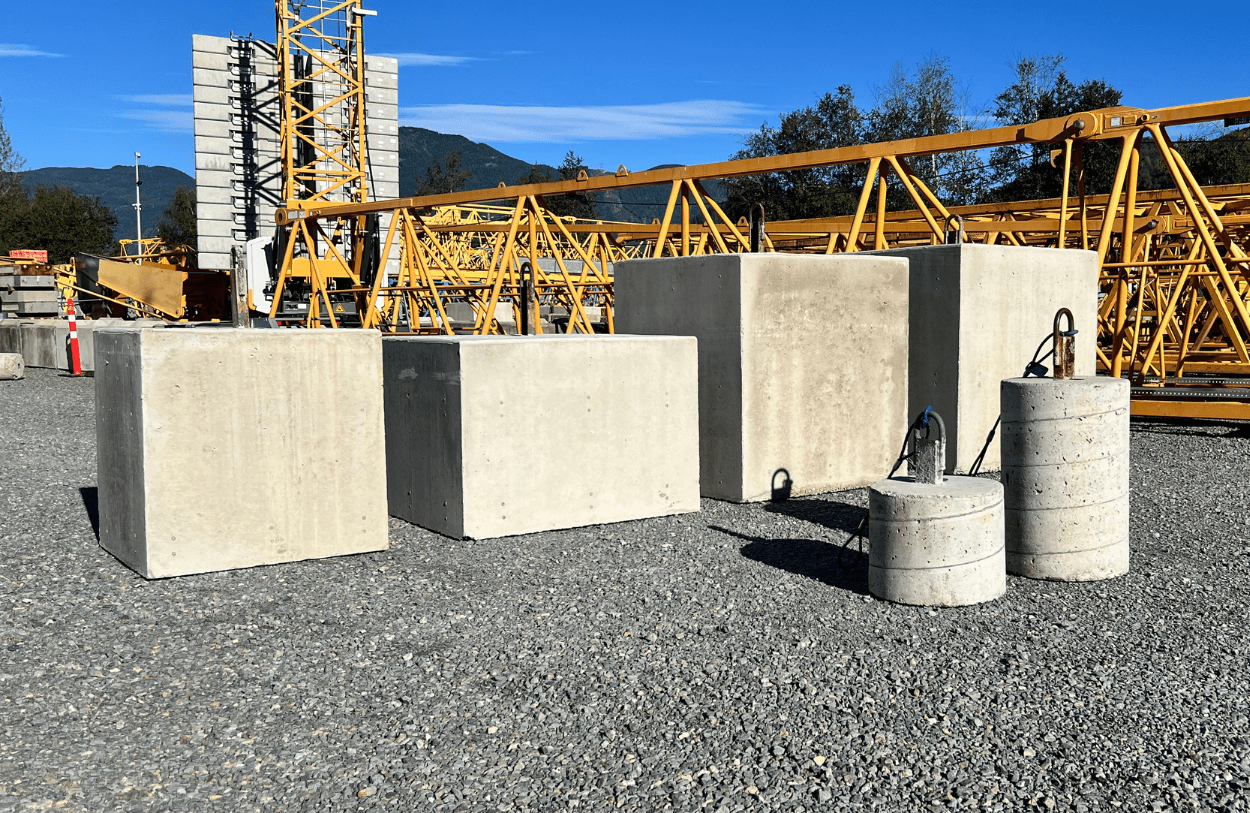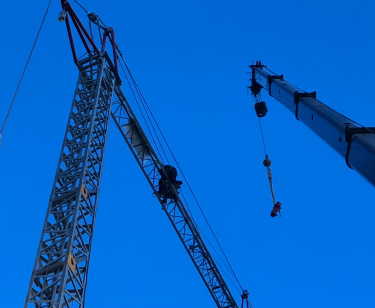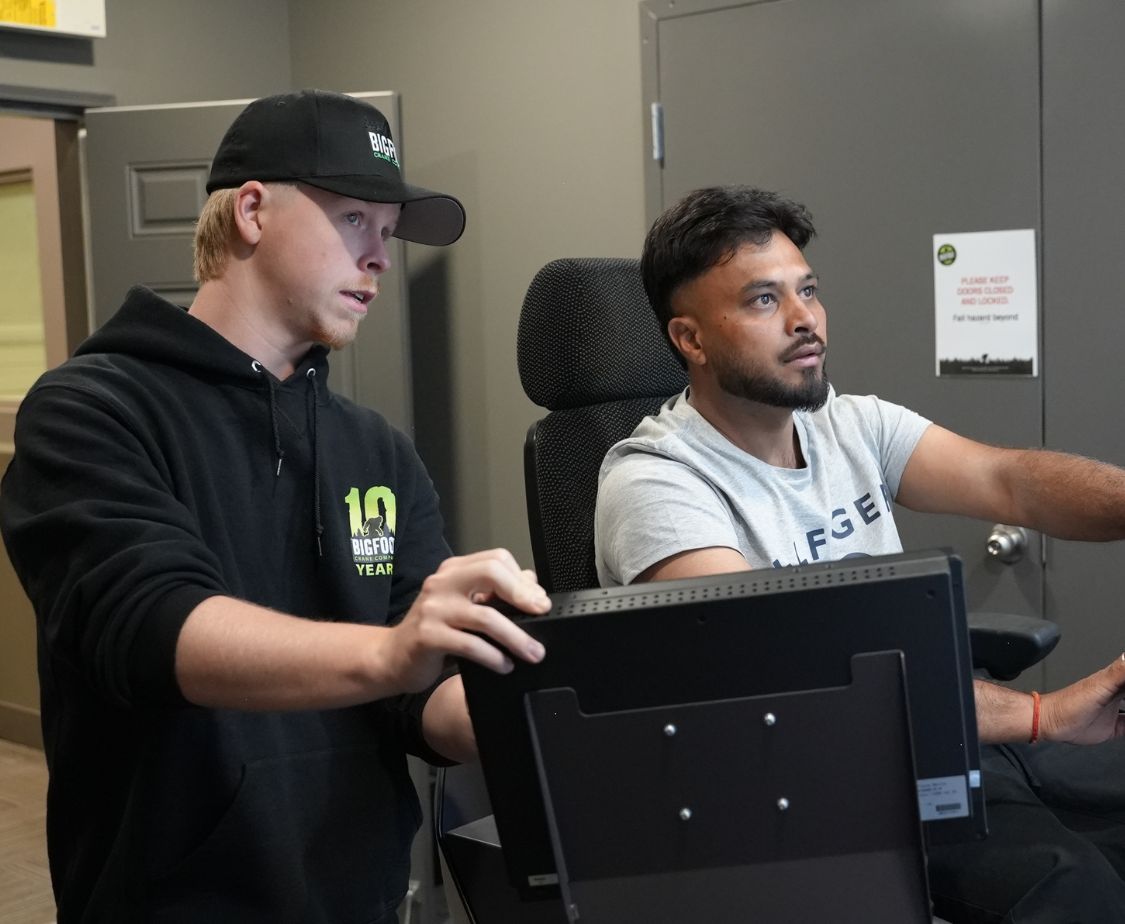Civil Rigging Terminology
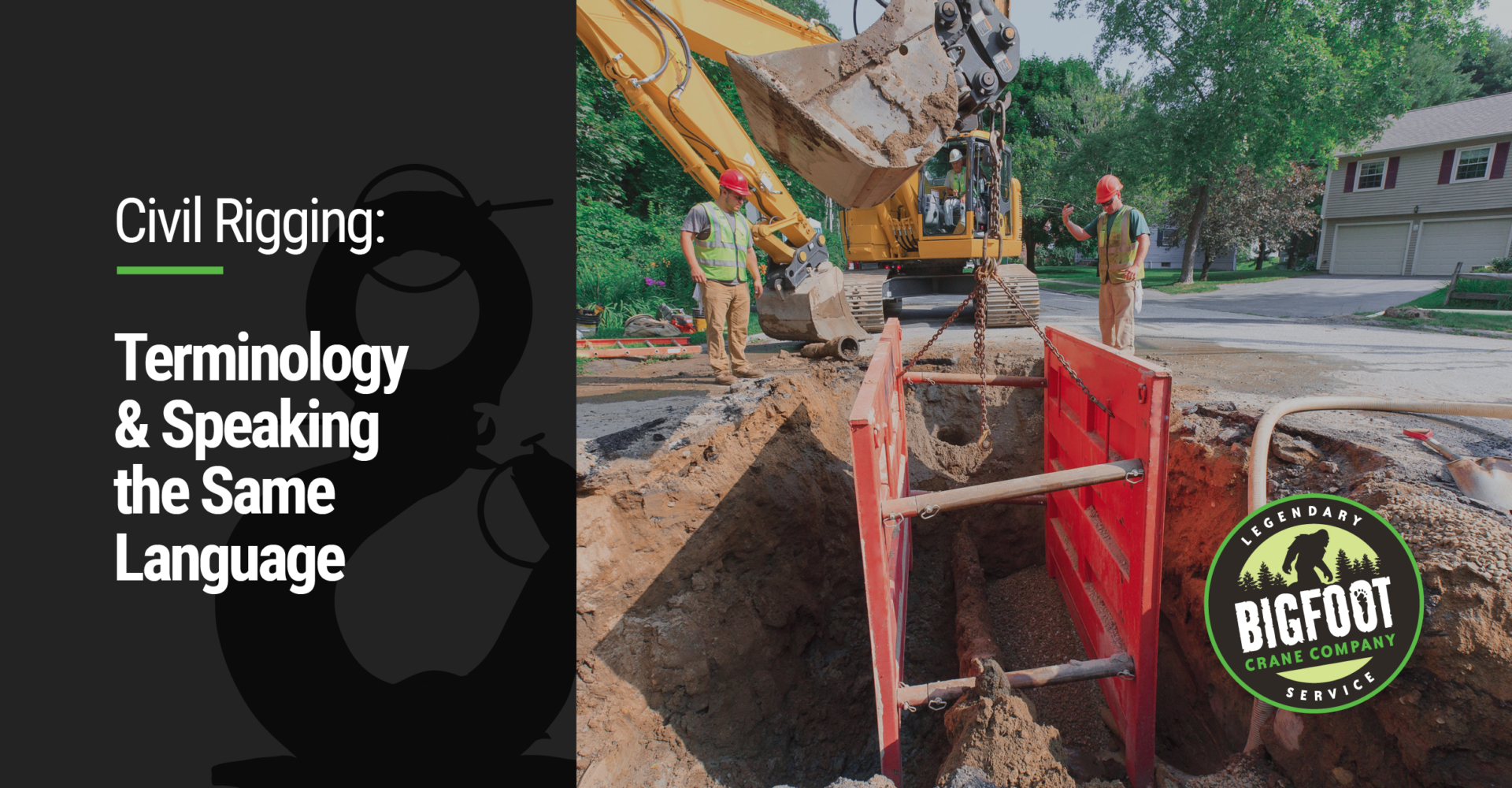
Why is it so important to understand terminology for Civil Rigging?
Because every piece of equipment serves a special purpose and contributes to a safer and more efficient work environment.
Ralf Notheis, Manager of Bigfoot Crane Academy explains, “When a qualified rigger asks for a shouldered eye bolt and another worker hands them a shoulder-less eye bolt, they can tell the difference and insist on the right hardware to complete the lift safely.”
In civil rigging, there are many different types of hooks, clutches, slings, and shackles that are commonly used on job sites. Do you know the difference between a grab hook with a cradle and a regular grab hook?
In addition to hardware, there are several types of underhook attachments, each related to very specific tasks. Are you familiar with the safety factor your underhook attachments must have?
To maintain the safe usage of underhook attachments, each piece of equipment must display at least five items of technical information related to their identity and performance. Do you know what those five items are?
Beyond hardware and underhook attachments, slings are the third main area that require a good understanding of terminology. There are four common types of slings, which again, all have their own unique functions. Whether they’re made of chain, wire rope, or synthetic material, each of these sling types can be depended upon to do the job that they were designed to do when used correctly.
“That’s one of the primary goals of this course,” says Notheis, “to train riggers to a level where they know the terminology and they properly understand their equipment.”
To learn the language of civil rigging terminology, so that you and your crews can go home safely every night, enroll in our Civil Rigging Course by clicking the button below.
